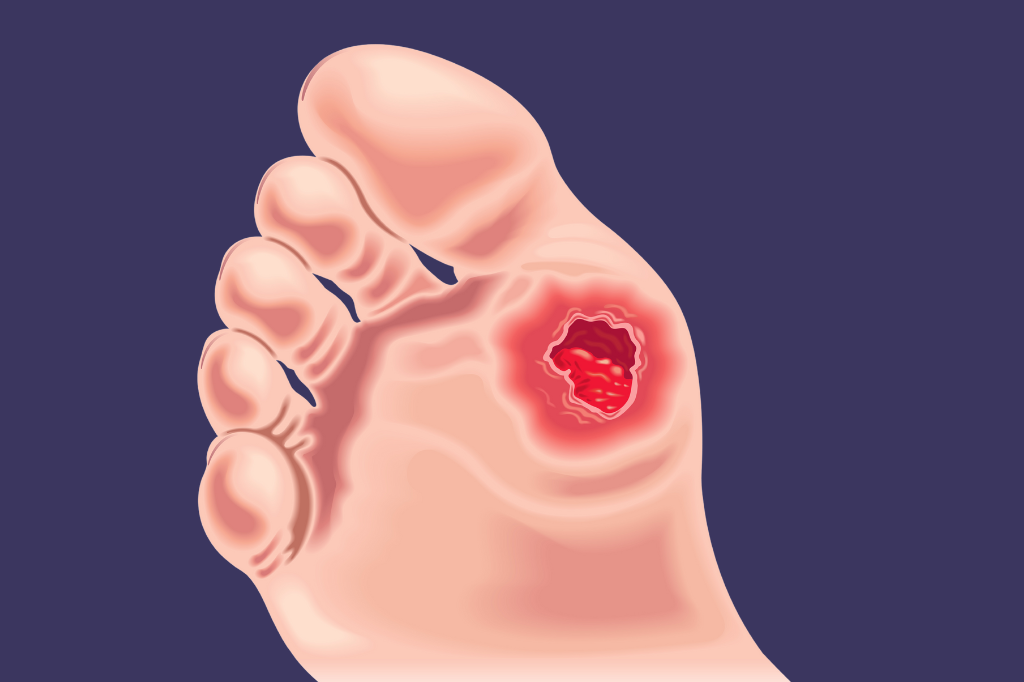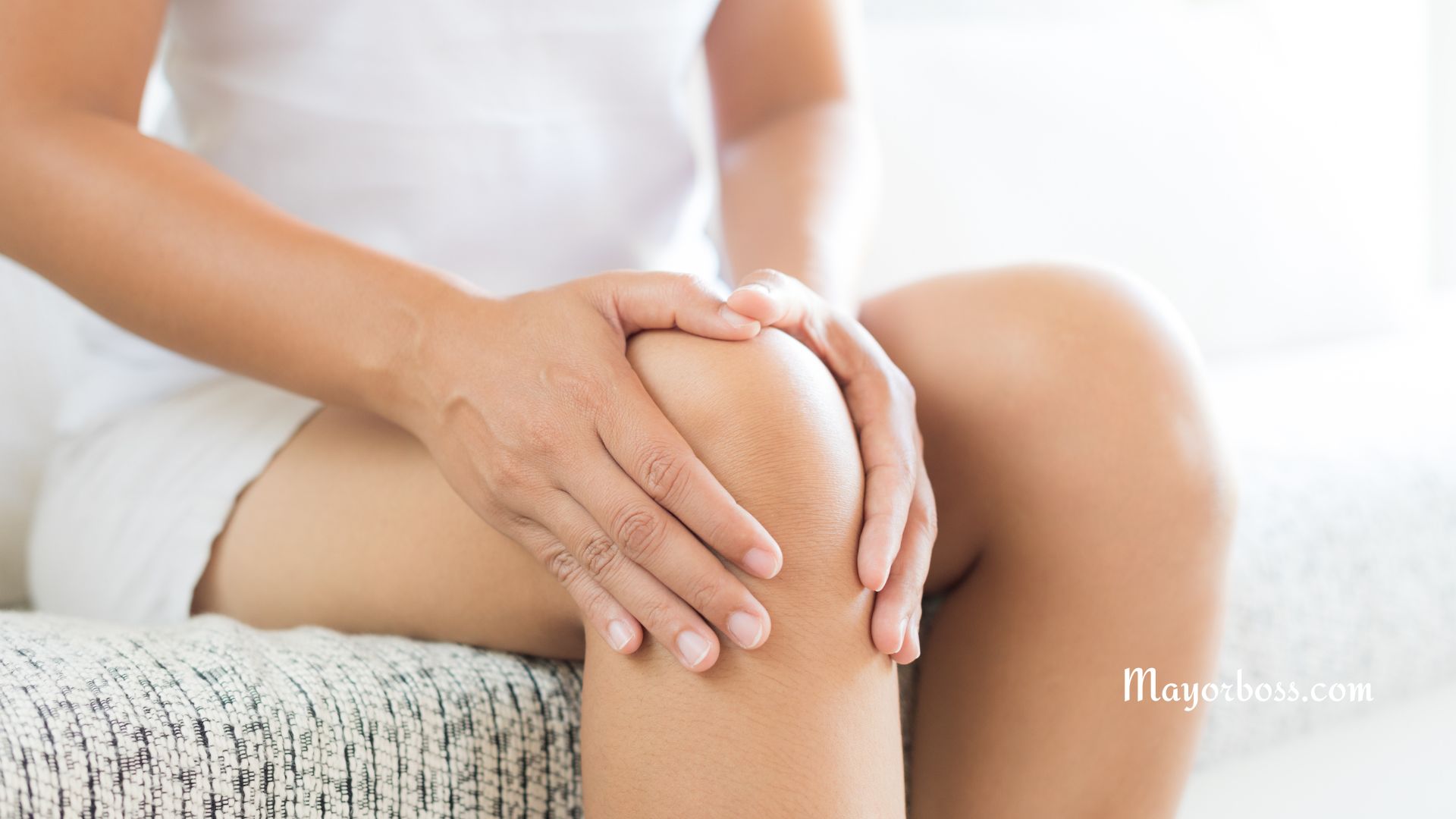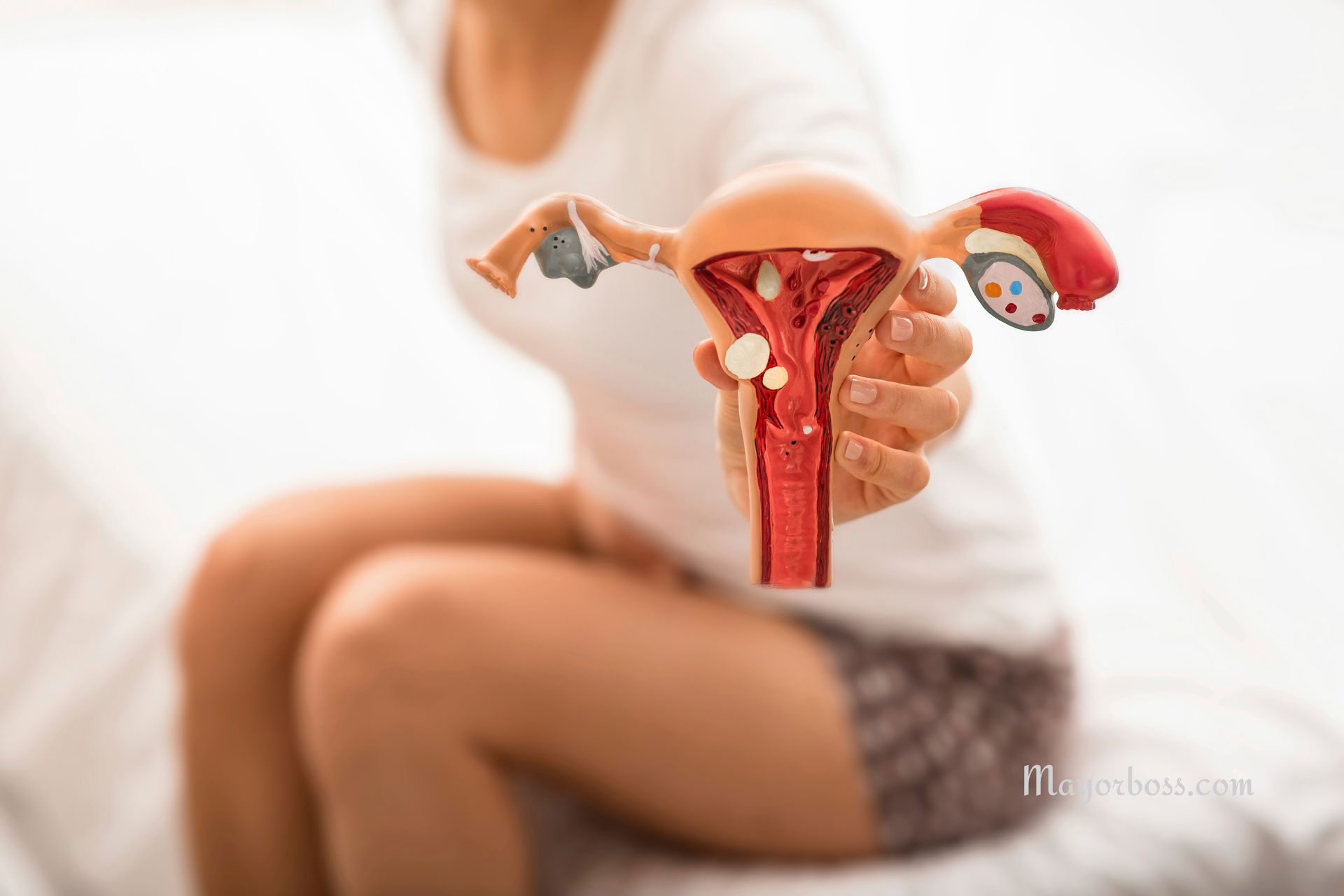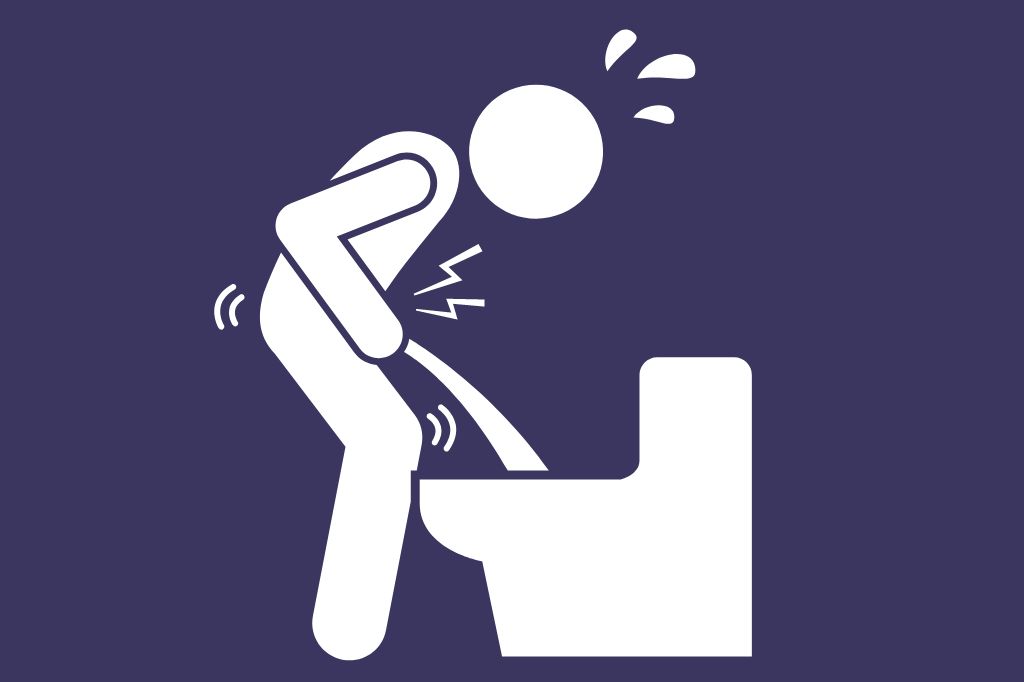Ramsay Hunt Syndrome
Brief summary: Ramsay Hunt syndrome is a condition that affects the facial nerves, often causing pain, hearing loss, and facial weakness. This syndrome is caused by the same virus responsible for chickenpox, known as the varicella-zoster virus. The symptoms can be quite uncomfortable, and treatment usually involves medications to manage the pain and fight the virus.
What is Ramsay Hunt Syndrome?
Ramsay Hunt syndrome is a disorder that can make you feel pain in your ear and cause other problems like facial weakness. Imagine waking up and finding one side of your face doesn’t work as it should. That’s what might happen if you have this syndrome.
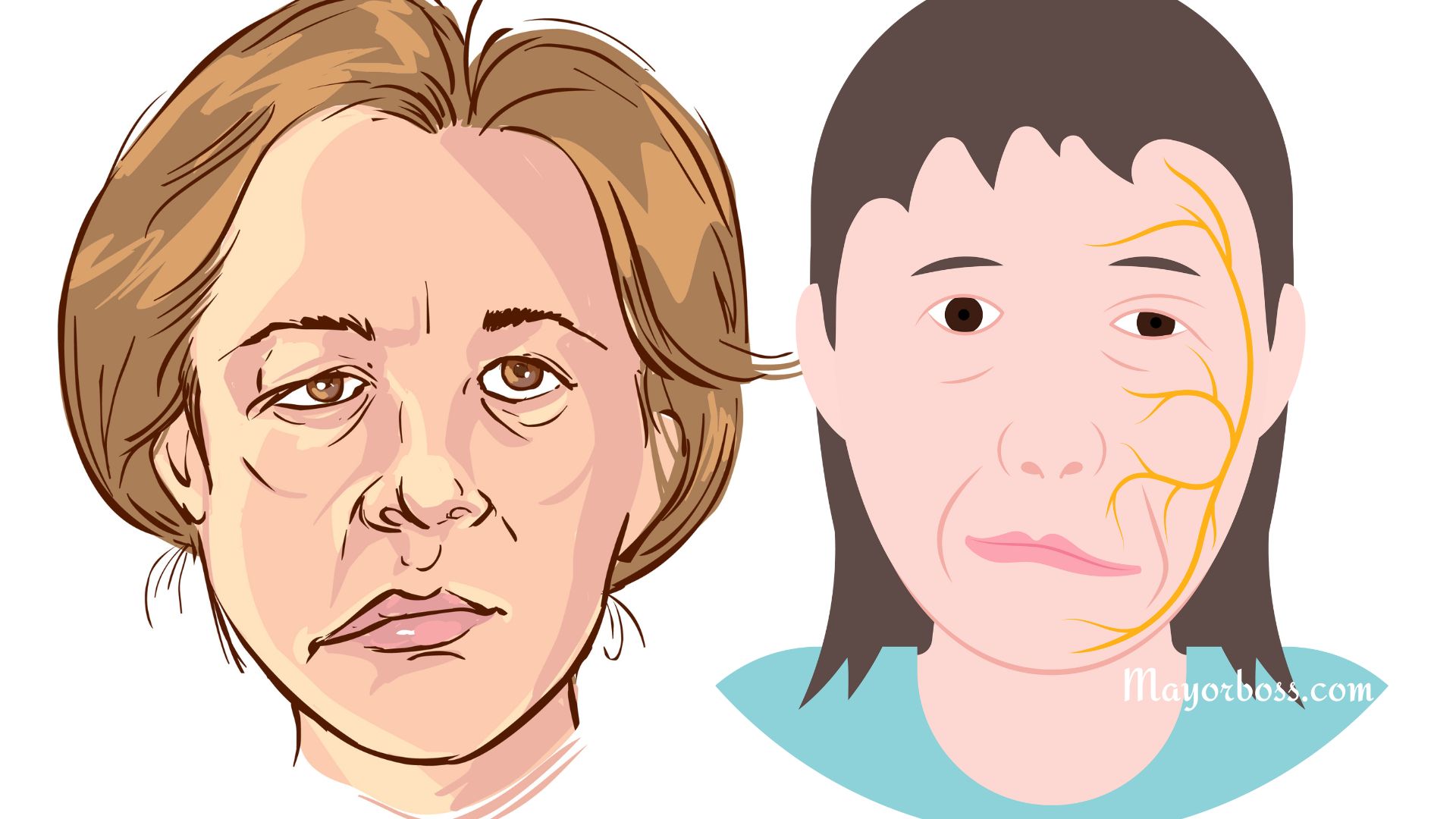
What Causes It?
This syndrome is caused by the varicella-zoster virus, the same virus that causes chickenpox. If you’ve had chickenpox before, the virus can stay in your body, hiding away for many years. Later in life, it might wake up and cause Ramsay Hunt syndrome.
What Are the Symptoms of Ramsay Hunt Syndrome?
Ramsay Hunt syndrome can show up in various ways. Here’s a detailed look at the symptoms you might experience.
Ear Pain and Rashes
You might notice a sharp pain in one of your ears. Accompanying this pain, you could see a rash with small, fluid-filled blisters.
Facial Weakness
One side of your face might feel weak or numb. This can affect your ability to smile, blink, or even eat properly.
Hearing Loss and Dizziness
You might find it hard to hear, or you could feel dizzy and unsteady. These symptoms can make daily tasks more difficult.
Changes in Taste
Your sense of taste might change, making food taste different than usual. This could be a surprising and unsettling experience.
Dry Eyes and Mouth
Your eye or mouth on the affected side might feel unusually dry. This could be uncomfortable and might cause you to blink or sip water more often.
Difficulty Speaking or Swallowing
Some people with Ramsay Hunt syndrome find it hard to speak clearly or swallow food. These symptoms can be frustrating and might require extra care when eating or talking.
Nausea and Vomiting
Feeling sick to your stomach and throwing up are other possible symptoms. If you experience this, it’s a good idea to let your doctor know, as they can help you manage these symptoms.
Fatigue
You might feel unusually tired or worn out, even if you’re getting enough sleep. This could make it harder to keep up with your normal activities.
These symptoms can vary from person to person, and they might come on suddenly or develop over time. If you notice any of these signs, it’s essential to see a healthcare provider. They can look at your symptoms, run some tests, and figure out what’s going on. Then, they can help you with the right treatment to get you feeling better.
How is It Diagnosed?
Your doctor might look at your symptoms and ask about your medical history. A physical exam and some tests can also help figure out if you have Ramsay Hunt syndrome.
Treatment of Ramsay Hunt Syndrome
1. Antiviral Medications
These medications are used to fight the virus causing the syndrome. Taking them as soon as possible, usually within the first few days of symptoms appearing, can help speed up recovery.
2. Steroids
Steroids might be prescribed to reduce inflammation and swelling. This can help ease some of the pain and discomfort associated with Ramsay Hunt syndrome.
3. Pain Relief
Pain can be one of the most troubling symptoms. Your doctor might give you prescription pain medications or recommend over-the-counter options to make you more comfortable.
4. Physical Therapy
If you have facial weakness or paralysis, working with a physical therapist can be beneficial. They can teach you exercises to strengthen your facial muscles and regain control over your expressions.
5. Eye Care
If you have difficulty closing your eye on the affected side, you might need special care to prevent it from drying out. This could include using eye drops or wearing a protective covering at night.
6. Hearing and Balance Treatment
You might need to work with specialists if you have hearing loss or dizziness. They can provide therapies and strategies to help you cope with these symptoms.
7. Treatment for Taste Changes
If you experience changes in taste, your healthcare provider might recommend specific treatments or dietary changes to make eating more enjoyable.
8. Supportive Care
This includes things like hydration, rest, and proper nutrition. Taking care of your overall health can help your body fight the virus and recover more quickly.
9. Follow-Up Care
After initial treatment, your doctor will likely want to see you for follow-up appointments to monitor your progress. This helps ensure that the treatment is working and allows for adjustments if needed.
How Can You Prevent It?
Since Ramsay Hunt syndrome is related to the chickenpox virus, getting vaccinated against chickenpox can help prevent it. If you’ve already had chickenpox, there’s no surefire way to prevent this syndrome. However, living a healthy lifestyle and taking care of your immune system can be beneficial.
What’s the Outlook?
With early treatment, most people get better from Ramsay Hunt syndrome. However, some might have lingering symptoms like facial weakness or hearing problems. Working closely with your healthcare provider and following their advice will give you the best chance at a full recovery.
So, if you’re feeling ear pain, noticing facial weakness, or experiencing any other symptoms, don’t wait. Reach out to a healthcare provider, explain what’s going on, and they can get you the care you need to start feeling better.
Frequently Asked Questions
What Causes Ramsay Hunt Syndrome?
Ramsay Hunt syndrome is typically caused by the varicella-zoster virus, an alpha herpes virus. It is the same virus that causes chickenpox. If you’ve had chickenpox, the virus can lie dormant in your body and later reactivate, leading to Ramsay Hunt syndrome.
Can Ramsay Hunt Syndrome Be Cured?
While there’s no outright cure for Ramsay Hunt syndrome, early treatment with antiviral medications, steroids, and supportive care can help reduce symptoms and speed up recovery. Most people get better, but some might experience lingering symptoms like facial weakness or hearing problems.
Is Ramsay Hunt Syndrome Contagious?
You can’t catch Ramsay Hunt syndrome from someone else. However, the varicella-zoster virus that causes it can be spread to someone who hasn’t had chickenpox or the vaccine. In that case, they might develop chickenpox, not Ramsay Hunt syndrome.
How Long Does It Take to Recover from Ramsay Hunt Syndrome?
Recovery time varies from person to person. With early treatment, some people feel better within a few weeks, while others might take several months. In rare cases, some symptoms might persist longer. Regular follow-up care with healthcare providers ensures the best possible recovery.
Can Ramsay Hunt Syndrome Happen More Than Once?
It’s quite rare for Ramsay Hunt syndrome to occur more than once in the same person. However, other conditions caused by the varicella-zoster virus, like shingles, can recur. If you’ve had Ramsay Hunt syndrome, it’s essential to maintain a healthy lifestyle and stay in touch with your healthcare provider to minimize the risk of recurrence.


